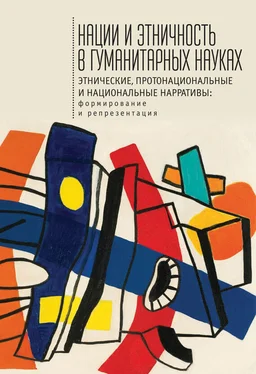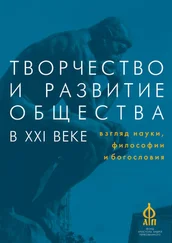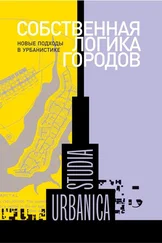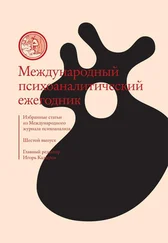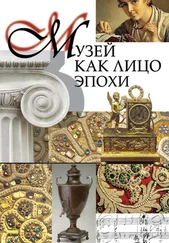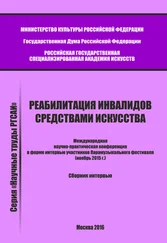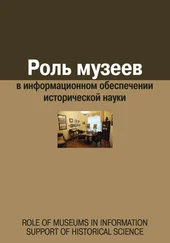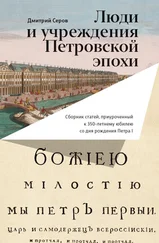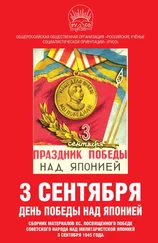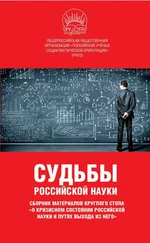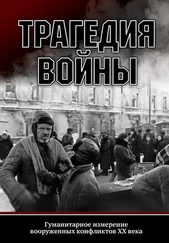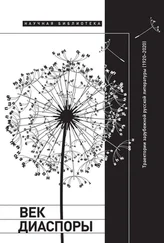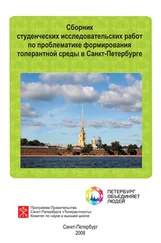Говоря о Китинге, необходимо разграничивать традицию (там, где он неукоснительно следовал своим предшественникам на историческом поприще) и инновацию (там где он ретранслировал, модифицровал и комментировал сведения). В статье речь идет как раз о том, что роднит Китинга с предшествующей традицией ирландского историописания, а что отличает.
Его работа знаменовала собой переходный период в истории ирландского историописания. С одной стороны, она была вписана в контекст предыдущей традиции, снабдившей Китинга рамочными конструкциями и смысловыми схемами, которые он воспроизводил.
С другой стороны, текст Китинга определялся потребностями времени и в этом смысле соответствовал стандартам антикварного и эрудитского историописания, с присущей ему особой вовлеченностью повествователя в описанные события, поэтому «Основа знаний об Ирландии» была отчетливо индивидуальна.
Ключевые слова: Ирландия; Джоффри Китинг; «Основа знаний об Ирландии»; этнический дискурс в Ирландии; историописание.
TRANSITIONAL PERIOD IN THE HISTORY OF IRISH HISTORY-WRITING: TORAS FEASA AR EIRINN’ BY GEOFFREY KEATING
The early Modern time was the period of serious cataclysms and transformations. Various groups of population reacted to events in different ways. One of the instruments of the new territorial legitimacy, which was required by the epoch, were historical narratives. They were used as arguments in the polemic about the past of Ireland. English historians and writers followed Gerald of Wales and treated the Irish pre-Anglo-Norman past critically regarding the native population as barbarians. To counter their arguments Gaelic and Old English intellectuals tried to justify civility of the Irish. ‘Foras Feasa ar Eirinn by Geoffrey Keating (1570–1644), a Catholic priest of Old-English descent, was such a narrative, in which the history of Ireland from the first settlers to the Anglo-Norman Invasion is described. The basis of his narrative is ‘Lebor Gabala Erenn (‘The Book of Invasions’), the medieval source of the peopling of Ireland.
As far as Keating is concerned, it is worth to distinquish between a tradition (where he rigorously follows his predecessors in the field of Irish history-writing) and an innovation (where he re-transmits, modifies and comments on historical data). The article sheds light on what Keating shares with tradition and where he breaks with it.
The author concludes that Keating’s work heralded the transitional period in Irish history-writing. On the one hand, it fitted into the context of preceding tradition, which supplied Keating with frame stories and conceptual schemes he reproduced. On the other hand, his text was defined by the demands of his time and in this perspective it conformed to the standards of Antiquarian and Erudite history-writing with its integral engagement of the author in the described events. That is why, “ Foras Feasa ar Éirinn ” was definitely individual.
Keywords: Ireland; Geoffrey Keating; ‘Foras Feasa ar Eirinn’; ethnic discourse in Ireland; history-writing.
СПИСОК ЛИТЕРАТУРЫ
1. Бирн Ф. Д. Короли и верховные правители Ирландии/ пер. с англ. С. В. Иванова. СПб.: Евразия, 2006. 368 с.
2. Паламарчук А. А., Федоров С. Е. Антикварный дискурс раннестюартовской Англии. СПб.: Алетейя, 2013. 210 с.
3. Bradshaw В. Geoffrey Keating: apologist of Irish Ireland // Representing Ireland: Literature and the origins of conflict, 1534–1660/ ed. by B. Bradshaw, A. Hadfield, W. Malley. Cambridge: Cambridge University Press, 1993. P. 166–191.
4. Cronin A. Sources of Keating’s Foras Feasa ar Eirinn: 2, manuscript sources // Eigse. 1945-47. Vol. 5. P. 122–135.
5. Cunningham B. The world of Geoffrey Keating: history, myth and religion in seventeenth-century Ireland. Dublin: Four Courts Press, 2004. 280 p.
6. Keating G. Foras Feasa ar Eirinn: the history of Ireland/ ed. by D. Comyn, P. S. Dineen. In4 vol. Vol.l. London: Irish Texts Society, 1902. 256 p.
7. Keating G. Foras Feasa ar Eirinn: the history of Ireland/ ed. by P. S. Dineen. In 4 vol. Vol.2. London: Irish Texts Society, 1905. 425 p.
8. Keating G. Foras Feasa ar Eirinn: the history of Ireland/ ed.by D. Comyn, P. S. Dineen. In 4 vol. Vol.3. London: Irish Texts Society, 1908. 387 p.
9. Kidd C. British identities before nationalism: Ethnicity and nationhood in the Atlantic world, 1600–1800. Cambridge: Cambridge university press, 2004. 312 p.
10. Lebor Gabála Érenn. The book of the Taking of Ireland: Part 1/ ed. by R. A. S. Macalister. Dublin: Irish Texts Society, 1938. 269 p.
11. Lebor Gabala Érenn. The book of the T aking of Ireland: Part 2/ ed. by R. A. S. Macalister. Dublin: Irish Texts Society, 1939. 273 p.
12. Lebor Gabála Érenn. The book of the Taking of Ireland: Part3/ ed.byR. A. S. Macalister. Dublin: Irish Texts Society, 1940. 206 p.
13. Lebor Gabála Érenn. The book of the Taking of Ireland: Part 4/ ed. by R. A. S. Macalister. Dublin: Irish Texts Society, 1941. 342 p.
14. Lebor Gabála Erenn. The book of the T aking of Ireland: Part 5/ ed. by R. A. S. Macalister. Dublin: Irish Texts Society, 1956. 591 p.
15. Leerssen /.Mere Irish &ffor-ghael: studies in the idea of Irish nationality, its development, and literary expression prior to the nineteenth century. Amsterdam (Philadelphia): John Benjamins Pub. Co, 1986. 535 p.
16. O Cuív B. Literary creation and Irish historical tradition // Proceedings of the British academy. Vol. XLIX. London: Oxford University Press, 1963. P. 233–262.
17. O Murchadha D. Keating: traditionalist or innovator // Geoffrey Keating’s Foras Feasa ar Eirinn: reassessments / ed. by P. О Riain. London: Irish Texts Society. P. 90–102.
18. Sims-Williams P., Poppe E. Medieval Irish literary theory and criticism // The Cambridge History of Literary Criticism / ed. by A. Minnis, I. Johnson. In 9 vol. Vol. 2. Cambridge: Cambridge University Press, 2005. P. 291–309.
19. Ó Buachalla B. Cúlra is taibacht an dáin A leabhrain ainmnighthear d’Aodh // Celtica . 1990. Vol. 21. P. 402–416.
20. Shapiro B./. A culture offact. England. 1550–1720. Cambridge: Cambridge University Press, 2003. 284 p.
REFERENCES
1. Birn Francis Djon. Koroli i verkhovnie praviteli Irlandii, transl. S. Ivanov. Saint Petersburg: Evrazija Publ., 2006. 368 p. (in Russian).
2. Bradshaw Brendan. “Geoffrey Keating: apologist of Irish Ireland”, in Representing Ireland: Literature and the origins of conflict 1534–1660, ed. Brendan Bradshaw, Andrew Hadfield, Willy Malley. Cambridge: Cambridge University Press, 1993. P. 166–191.
Читать дальше
Конец ознакомительного отрывка
Купить книгу
